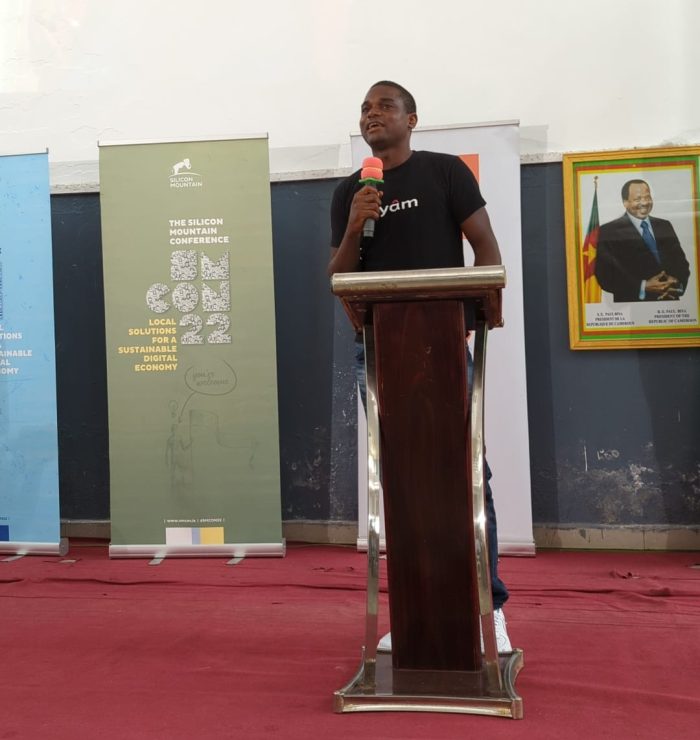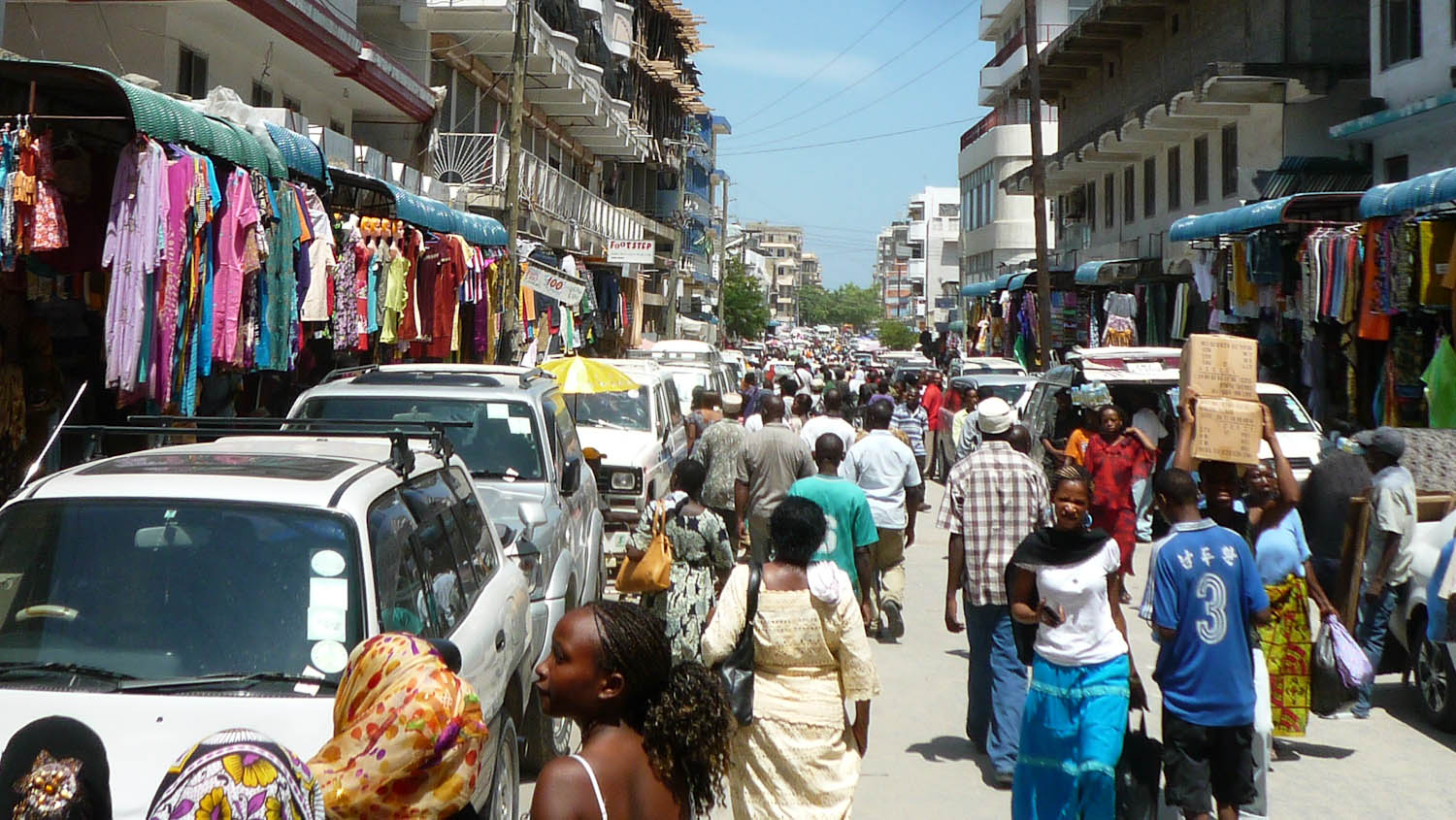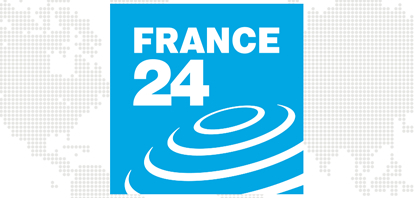
A little over a month ago (10/11/22) during the just-ended Silicon Mountain Conference – SMCON22, I had the privilege to give a keynote talk on the event’s theme: “Local Solutions for a Sustainable Digital Economy.” I walked the audience through a virtual world wherein individuals, startups, companies, and the government consume or buy local solutions and directly or indirectly feed local mouths. By sourcing or buying local, a lot of locals will get employed i.e., earn money for their skills and this will also mean more tax revenue getting paid to the government. Overall, this will definitely be a win-win for everyone.
Let’s explore how various economic players can foster a sustainable local digital economy by buying or consuming locally-made tech products.
Individuals
If every individual in Cameroon buys and uses locally-made software, mobile app, website, or other tech solution, that means local tech entrepreneurs will immediately have a user base of roughly 28 million people and if these 28 million people pay say CFAF 1.0 per month for these solutions, then every tech product or company will immediately be making a minimum of CFAF 28 million every month. You can begin to imagine how many people will have a job and earn a sure salary and pay their fair share of income tax. I also imagine these tech companies will then have the funding needed to innovate, scale up and grow beyond Cameroon and that will mean even more jobs being created and even more export and tax revenue for the country.
Startups
In any country where local tech talents are scarce, it’s very tempting (or usually the most logical thing to do) for a startup to source their tech development from outside the country. But if we want to have a thriving local tech economy, we will have to fight this urge and take our time to invest in local talents and have them develop our solutions (we can also have the government force this on us with regulation). By doing what I just suggested, we will not only be creating local jobs but we will be feeding our brothers and sisters with our startups as they grow. Even deeper will be the skills, expertise, and experience that will be gained locally. Remember the best way to learn is by doing and the more we do, the more we learn from our mistakes and experiences and the more we innovate. My friend Otto Beseka always says the Chinese loans are good but they deprive us of the lessons and experience they generate since the projects are mostly outsourced and executed by Chinese workers and not Cameroonians. They end up being a lost opportunity for Cameroonians while more experience and skills gain for Chinese workers.
Companies
From SMEs to multinationals, if we want to see a thriving local digital economy, we will have to push hard on local content policies. The objective of local content policies is to ensure that a high proportion of project inputs are sourced from the host country without compromising the economics of the project or sector being leveraged. Imagine if a multinational spends CFAF 10 billion on software solutions and maintenance per year and our local content policy says 20% must be sourced locally, that will directly mean the multinational will be spending CFAF 2 billion on local software and tech development. Furthermore, if we have 100 companies doing that, we easily create a CFAF 200 billion per annum local digital economy. Now imagine if they source everything locally, that could easily be a CFAF trillion per year local digital economy.
On the flip side, if the companies can’t find local suppliers, then they will have to directly or indirectly push the locals to acquire those skills so they can meet their regulatory obligations. As the locals work on such projects, they gain experience and over time local skills will be developed and the cycle continues leading to a more sustainable digital economy just like we see in China or other Asian countries.
Government
There can be no sustainable local digital economy without the government being strongly involved. The government’s role can’t be emphasized enough. The way I see things, the government has the yam and the knife if we are to have a sustainable digital economy in Cameroon. Well, it’s simple. Like I said earlier, strong local content regulations that force startups and companies to source a percentage of their tech solutions or develop locally will go a long way to help us develop local talents, create local jobs, generate a lot of local economic activity, grow our local purchasing power and generate a lot of tax revenue for the government.
Another proposition is for the government to also ensure a percentage (say 20%) of all government IT contracts/projects be sourced locally, just like for companies, this will go a long way to create local jobs and feed local mouths.
Well, that is what my talk during the conference was about. I strongly hold the notion that every time we pay for or buy or use a local tech solution, we will be feeding a local mouth.
Hope you enjoyed the read, please start by supporting my locally-built tech solution Buyam.
Install Buyam here https://buyam.co/hq/en/download
Thanks 😉







